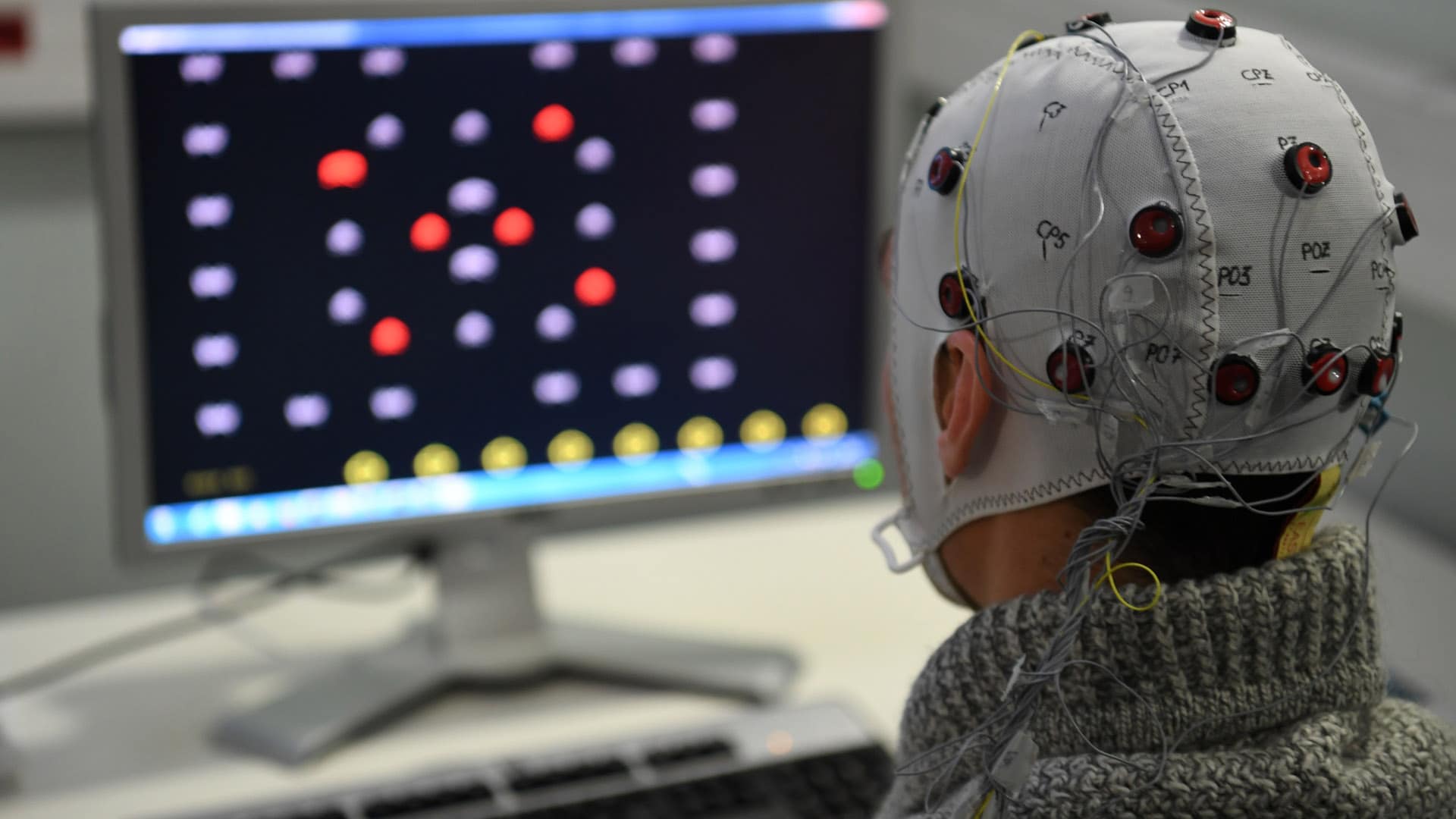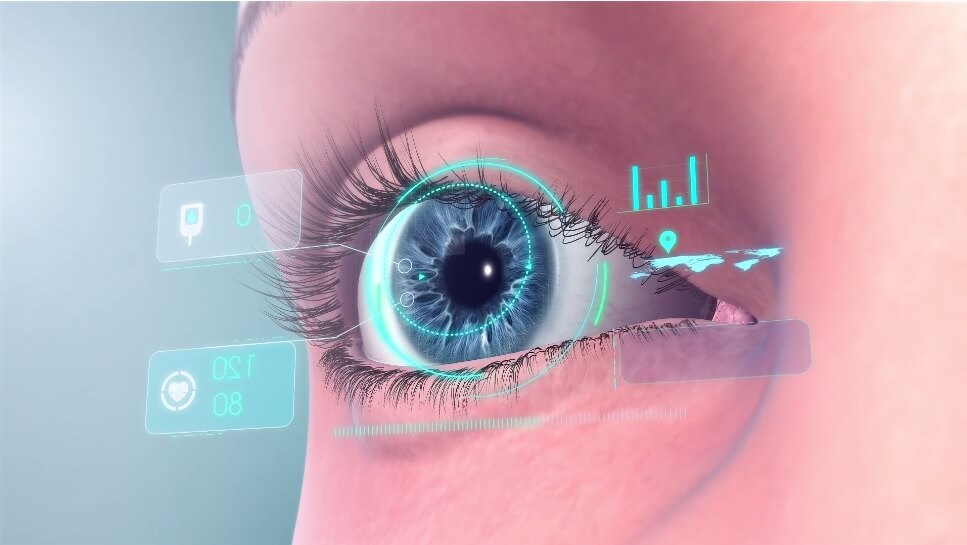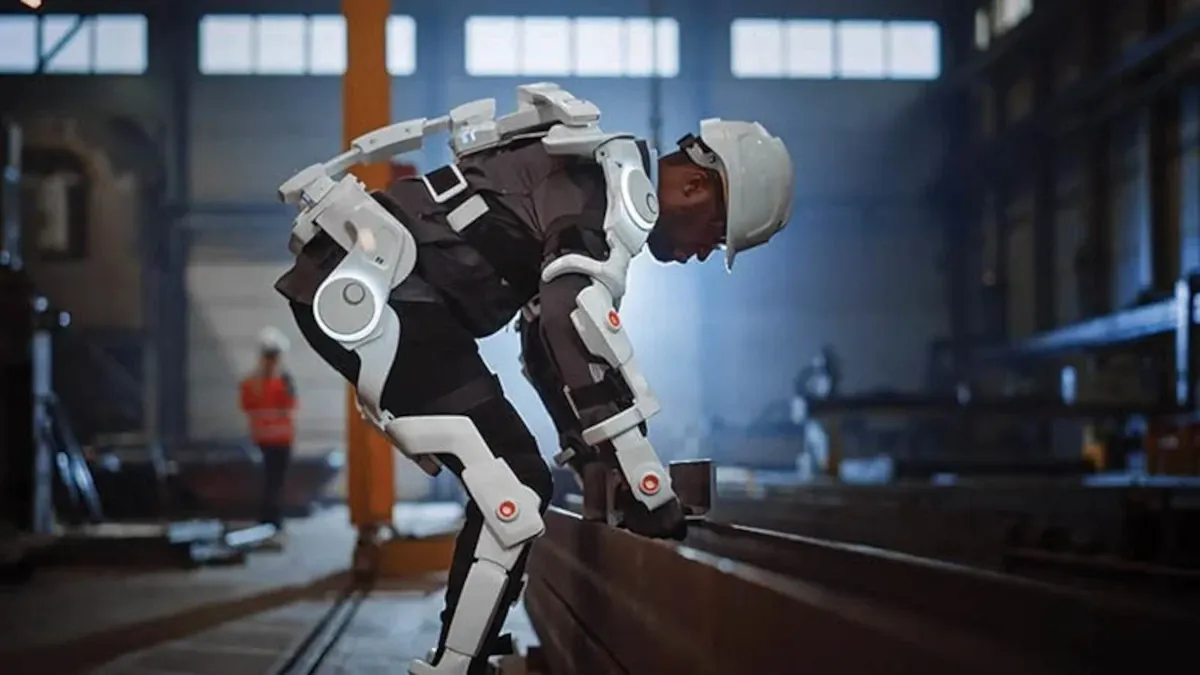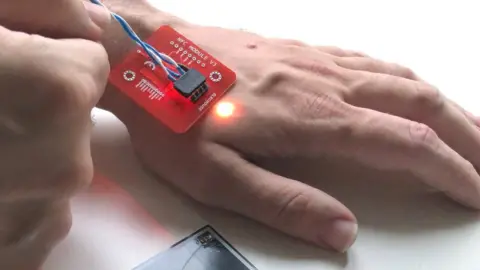Tech Juice 2509 : How Biological Implant Technologies will Impact Industry 4.0
Introduction
1. As populations age, traditionally, manufacturing has moved to countries with populations of lower average age. As most developed economies had ageing populations, China became a manufacturing superpower. Automation may offset this trend to a great extent as India takes its place in terms of the age of the population. Another technology that will offset this trend is biological implants. Biological implants can do more with a smaller workforce.
Enhanced Human Machine Integration
2. Implants will allow for collaboration between man and machine, compensating for each other's weaknesses and achieving great productivity improvements. Brain-computer interfaces, essentially neural implants, would directly control machines with thoughts rather than speech or physical interfaces. This will greatly enhance the power of robotics in the new industrial revolution.

3. Augmented reality is a well-stabilised technology. With Augmented Reality Implants that enhance vision, a worker can see real-time data overlays, which have the potential to reduce errors and boost productivity. These data overlays can display worker health data, toxic exposure durations/intensities and even fatigue levels to improve workplace safety. Workers in bio-manufacturing can get a real-time view of the biological processes and even decision assistance to optimise and enhance the products.

Improvements in Workforce Efficiency & Safety
4. Exoskeletons can eliminate the need for physical strength. They can enhance strength and endurance. Reducing fatigue can also greatly improve workplace safety and prevent injury. With brain implants that can control computers, the same can be used as exoskeleton control implants.

Cyber Security
6. Industrial operations in Industry 4.0 will automatically become very data-intensive. Secure RFID implants can be used along with biometric security systems to replace detached ID cards and passwords, which can be transferred and misused to access sensitive industrial zones and data. If further security tightening and tracing are needed, these implants can interact with blockchain and smart contract systems for secure access to company resources. Ethical issues such as consent and ownership of the collected data should be addressed comprehensively while implementing such systems.

Personalized & Adaptive Automation
5. Artificial Intelligence-driven optimisation can be used to personalise the exoskeleton behaviour to suit individual movement patterns through analysis and further optimising individual worker efficiency. Cyborg workers will be able to seamlessly interact with AI systems.
6. Neural augmentation with memory-enhancing implants can boost learning abilities and skill adaptation in highly automated industrial environments.
Conclusion
7. As biological implant technologies penetrate Industry 4.0 through responsible integration, they will generate a new workforce capable of innovative, high-quality products by making humans more capable and connected.


Comments
Post a Comment